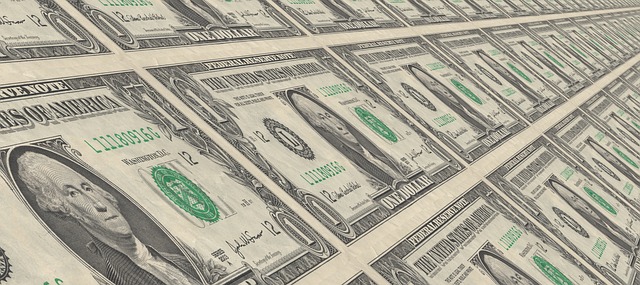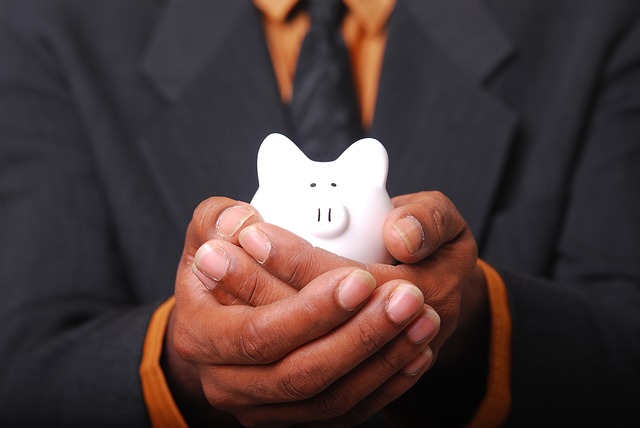
For years, I have read about the importance of tracking spending and as a result, I have attempted many times to create a budget. The budget never lasted long because it always showed that, well, I did not have enough money. When I would toss the budget and just spend, the money was always there so I thought I had it all figured out. Life without a budget worked just fine or so I thought.
Let’s fast forward to the last few months of 2016, when, for reasons that elude me, I suddenly became very interested in how much money I earn, how much money I spend, and, yes, how much money I was not saving. Saving has never been on my list of priorities. If my bills were paid, the remainder of my money was for spending.
As I began reading books and websites about saving, creating budgets, and planning, suddenly, I wanted nothing more than to create a monthly budget. I have been at this for a few months and it has changed my life.
I hope this is not short-term but if it is, these are some things that I have accomplished.
- Knowing where my money is going, makes me feel calmer.
- Starting to put money into a savings account and watching the balance grow, makes me feel more secure for the future (tomorrow, not 20 years from now).
- Being in charge of my money make me feel better able to handle “emergencies”. Actually, I do not feel like there will be any emergencies because I have the money to cover those normal events.
- The more money I put into savings, the more I want to save. I am excited to see my balance grow.
- I no longer fear a budget, I embrace it. If I want to know how much money I can spend, I take a quick look at my budget (stored in Google Photos). With a glance, I am immediately reminded of my desire to save and whatever I wanted to buy does not seems as important.
- If I really do want to buy something that is beyond my spending allowance, I will incorporate it into the budget so that I do not have to touch my savings.
- In a short period of time, I have saved a significant amount of money, which has encouraged me to cancel cable TV and switch AAA for Geico Roadside Assistance and Rental Car Coverage (one service from AAA was only $2 less than two services from Geico).

Creating my budget went like this:
- I created a list that included my monthly salary and all of my monthly bills. For the first time ever, I listed EVERY bill, not just the ones that were more than $10. Needless-to-say, it probably took 20 times of starting over before I was able to list EVERY bill that I pay each month.
- I marked each bill with a 1 or 2. 1 indicates bills that are paid from my first check each month and 2 for the bills that are paid from the second check.
- When the list was finally through revisions, I took a picture of it, which uploaded to Google Photos, and then placed it on my refrigerator. Now, the list is at eye level and if I am not at home, I can access it on my phone.
- Using the list above, I created my January budget. I created two columns for each pay period; “Anticipated” and “Actual” expenses. This allowed me to write in the amounts that I knew to get an estimate of how much I would be spending in January. When the first set of bills arrived, I updated the actual column.
- After a week, I realized that new expenses come up and therefore, doing my budget for the entire month was not the best idea. I modified the plan and only focused on my budget on the first paycheck in January.
This approach made me calm down and basically stay in the moment by focusing on what am I going to do with the money that i have right now, not fearing what might come up in the next 3 weeks. Small steps are best for achieving a long-term, big goal! I have to remind myself of this all the time.
- Each year, I have several one time expenses such as auto registration, AAA, taxes, tax prep fees, and a red light running ticket (not every year for this one). These items are flexible as to when I pay them but they are all due between Feb and May. To keep them in my mind, I simply wrote them at the bottom of the January budget. When I started February, I moved them to that page and incorporated a few into my budget. I will do the same each month until all of these bills are paid. Again, now they are not emergencies, they are normal expenses that I am prepared to handle.
- Writing down upcoming expenses that are not recurring keeps me from forgetting or being surprised when the bill arrives in the mail. I have been able to ease them into my normal budget without have to dip into savings or panic about how I will pay them.
- Revise, revisit, and revise again, and again.
How do you budget and save or does it scare you so much that you simply avoid the thought?
